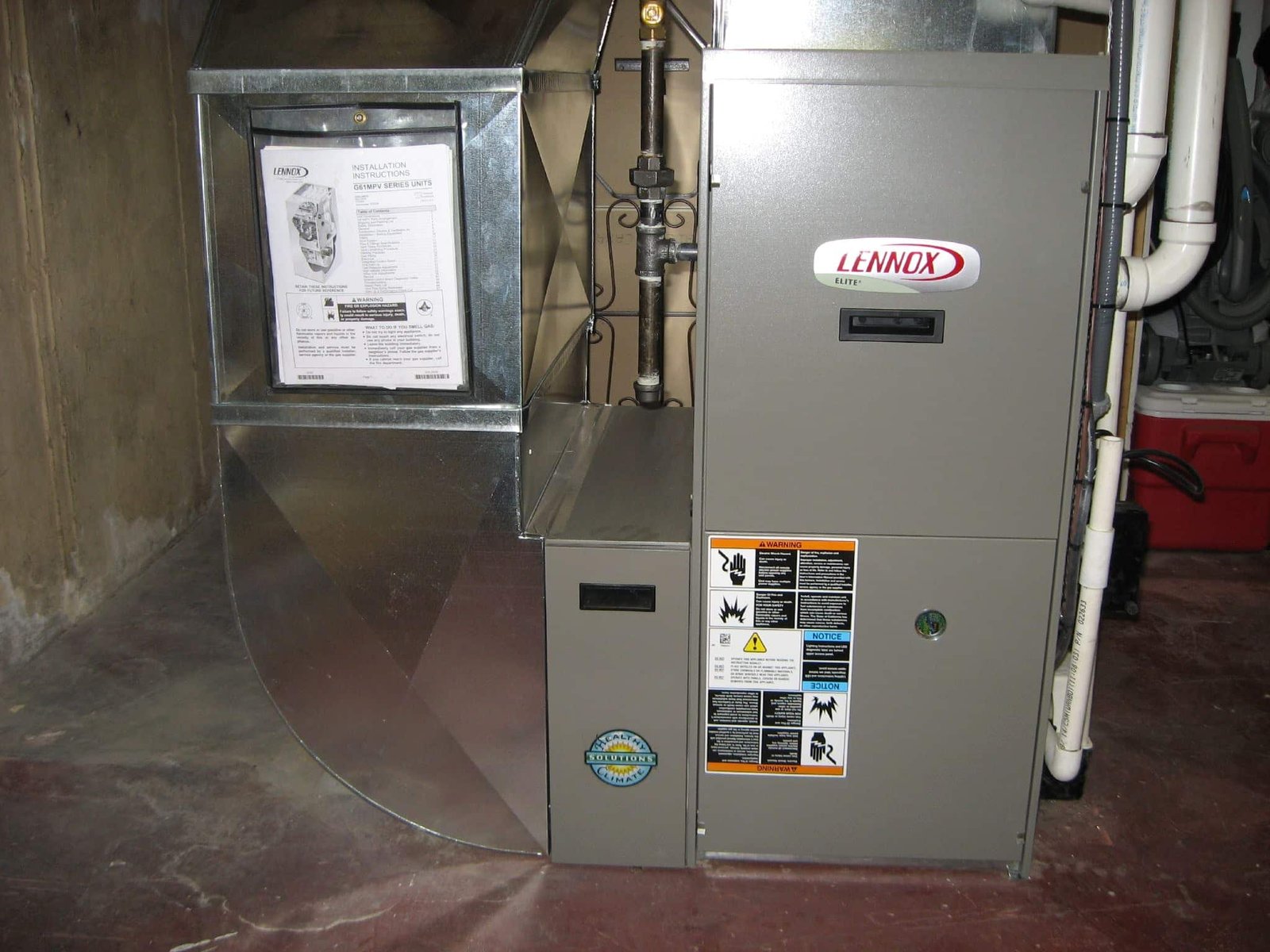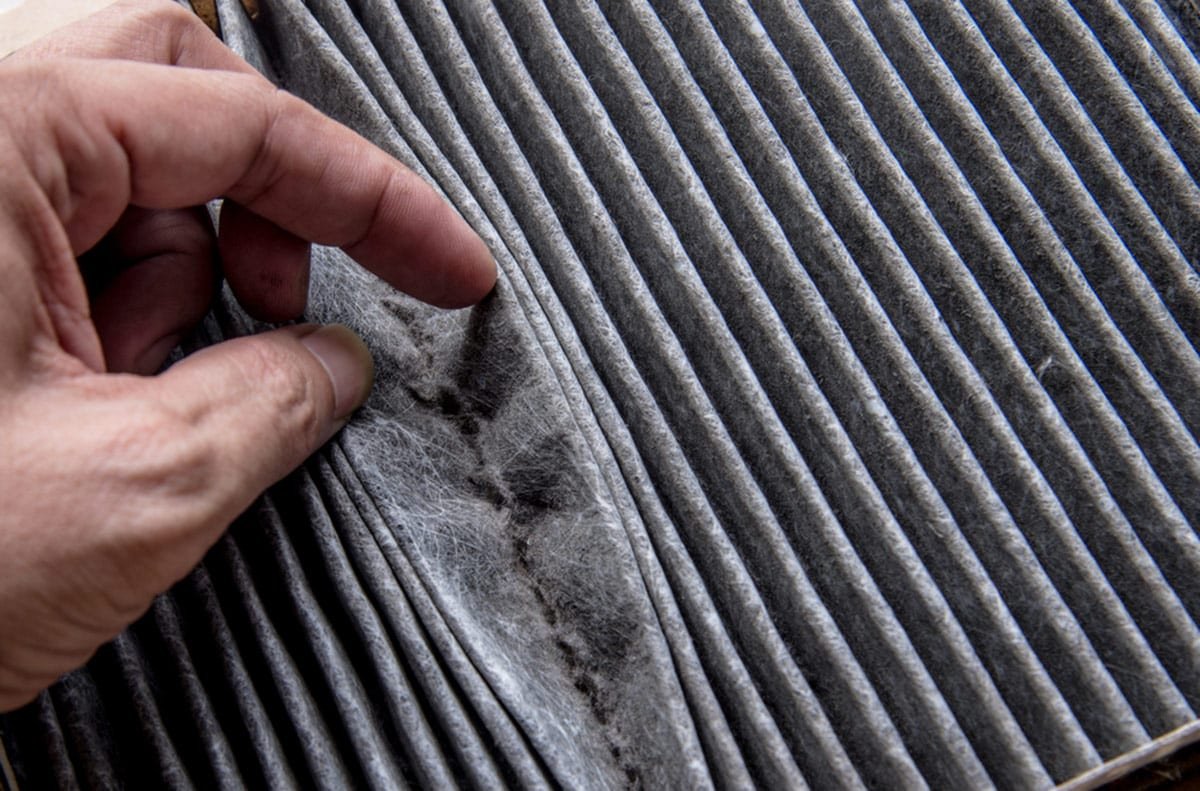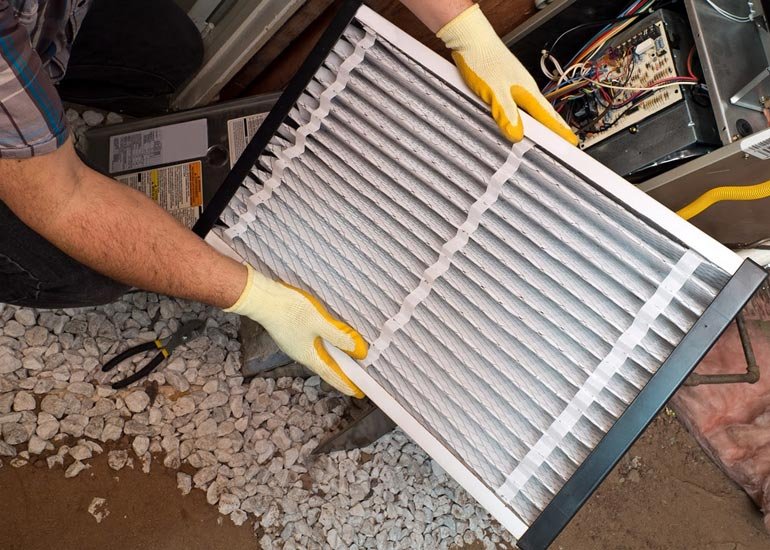One of the worst things that can happen is your forced air heating system breaking down at 2:00 AM when the outside temperature is -30C. How long does a furnace last? Should we keep repairing the old unit? Are there things that we can do to reduce middle-of-the-night breakdowns? The focus of this article is to answer all of these questions and more.
When You Should Replace Your Gas Furnace
The time for you to replace your heater depends on factors such as the home’s size, the installer’s skill, and the heating system you want to replace. Replacing a heating unit can take about five to ten hours.
When replacing a gas furnace, the installation should be smooth and the ducts appropriately aligned. The energy efficiency of the heater can alter your ductwork. If you want to replace your older unit with a modern type, installing it will take longer. When considering which size to purchase, you should evaluate your home size.
If you have a big home, you can buy a big one, although it will take longer to install. If you purchase a smaller unit, it will not last because of overexertion.
When you are searching for an HVAC technician or professional who will help you with the install, he should give you advice on the most appropriate unit furnace for your home and one that is energy efficient.
An energy efficient system will lower your heating bills and last longer. It would be best to rely on an expert who will reduce downtime and finish installing your new furnace within no time.
How Long Does a Furnace Last?
The gas unit’s average lifespan is around fifteen to twenty years, but that doesn’t mean that you should immediately replace it. The timeline gives you a rough idea of how long the heater can serve you and if replacing it is a good option instead of repairing it.
In case you do not know your age of the heating system, and when you should replace it, you should check for the serial number provided by the manufacturer located on the front of the unit.
You should note down the serial digits and contact your HVAC technician to acquire the manufacturing date. If you find out that your heater is almost surpassing fifteen years and has some repairs scheduled, you should request a free equipment assessment.
 Furnace’s Lifespan
Furnace’s Lifespan
You must know the heater’s lifespan to handle the problems you are encountering properly. The age of the unit can indicate that replacement should be done together with other issues.
If you possess an HVAC system that is over fifteen years old and still functions properly, you own a superior system that is very strong. You still have to consider some issues if you want it to continue operating at peak performance.
Regular Maintenance
Keeping all the other issues aside that include the unit’s age, regular maintenance is mandatory for your unit to reduce costly repairs and extend the lifespan of the heater.
Regular tuneups ensures the HVAC system works efficiently and effectively. Ensure that the technician inspects the fan and ventilation systems, cleans the air filters, and completes minor repairs as required before they become big problems.
Signs That You Need to Replace the Furnace
In terms of how long a heating system lasts, below are the signs that show that your heater’s days are almost over.
The telltale replacement signs are as follows:
- Lower air quality
- Higher energy bills
- Frequent furnace repairs
- Uneven heating.
Replacing Your Furnace
If an HVAC professional has inspected the furnace and it still doesn’t work correctly, you should replace it with a new one. If your furnace model is durable and has survived for a long time, you may consider a similar version.
Even though the investment can be costly, the modern furnace types are more reliable and energy-efficient than the older furnace types.
How Long Does a Furnace Last – Conclusion
You are now aware of the different factors that contribute to answering how long a furnace lasts.
If you have problems with your furnace, give us a call and request a free equipment assessment. The technician will assist you in understanding your furnace’s current efficiency and finding a possible replacement option.
You should be able to enjoy your winter, not worrying about your furnace and the problems accompanied by it.


 Furnace’s Lifespan
Furnace’s Lifespan






